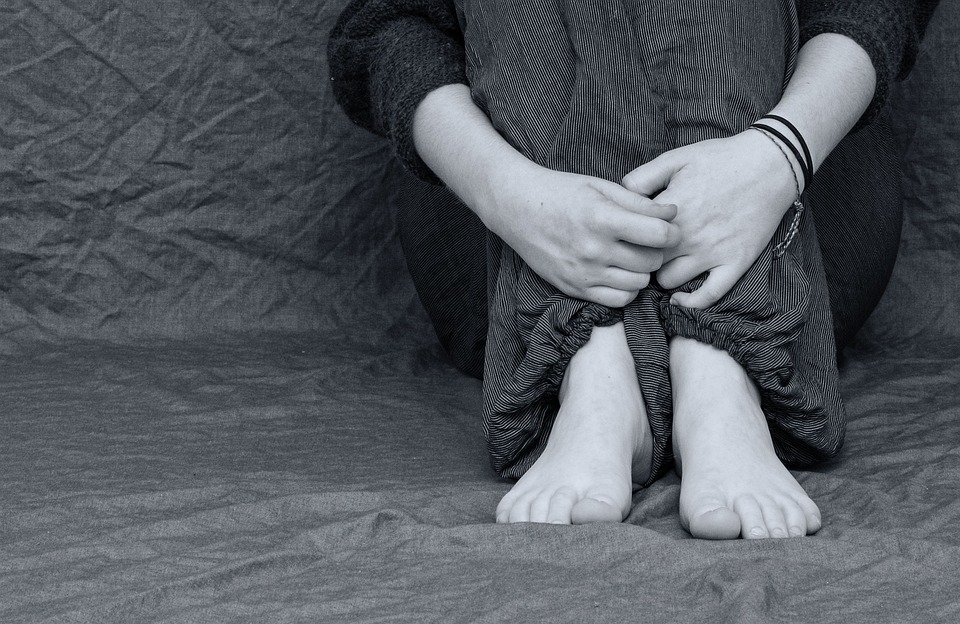During my bouts of depression, I found on every occasion that it descended like a storm cloud for the rest of my life.
To be clear, two of my major depressions sparked through deep, dark, life-altering grief. In another significant season, it was as a result of an abusive relationship, and the inability to extricate myself from what I went through as a toxic situation. And my last seizure, a few years ago, was due to work that I didn’t enjoy and wasn’t good at, which indicates how important my work is to my mental health.
I’ve found that depression descends in two ways – sharply, without warning, and slowly and subtly over time. I’ve tried both, the former several times and the latter enough to know.
The blunt form is scary, leaving you anxious for how tender it is creeping into the present moment, collapsing your hopes and crushing your self-esteem. I can remember times when things seemed fine, for example in the morning when I got up, but by mid-morning the shroud of contempt would come down in an hour or even minutes. Or, I would pass the day, and the still evening would reveal my only inescapable reality. Immediately at these times I felt like I was drowning in a paradox of emotions — unable to control them, yet unable to feel them out of pain. Completely indefensible and unfathomable. It’s probably the scariest thing I’ve ever experienced because it’s totally an inside job, where your world feels like it’s collapsing from the inside, worse than death. That’s how you feel.
When depression gradually decreases over weeks or months, it’s scary in a different way. It comes with a great deal of confusion, which is very unsettling. It’s like you’re looking for answers and they don’t come. Something is wrong, you know it, but you can’t do anything about it. I always found unexplainable bouts of irritability or worthlessness (both at different times) the telltale sign that I was in the haze of the black dog. Sometimes, I’ve seen in others an unresolved sadness that lingers lurking inside of them, turning them inside out, turning them into who they weren’t, but there’s good news…
The good thing about depression symptoms is that they indicate our location. I’ve always found it more comforting to admit: “Wow, yeah, that’s it; I’m depressed!” It was always comforting to admit that I needed help. It was always a relief for my wife and kids too when I raised my hand and said I needed help.
The very fact that we can say “I need help” inspires hope, because it is an acknowledgment that we believe that help is available. After this recognition, life, hope, and purpose are not far away, but of course, this also depends on other conditions. For many people, there are chronic conditions surrounding them. For many people, their mental health is just part of the picture, only becoming a consequence of other, more fundamental causes.
